The Outsider: Why gaming needs to ditch hollywood
The Outsider is a weekly column written by an author looking at the games industry from the outside. The views of The Outsider do not necessarily represent those of the GamesRadar+ team
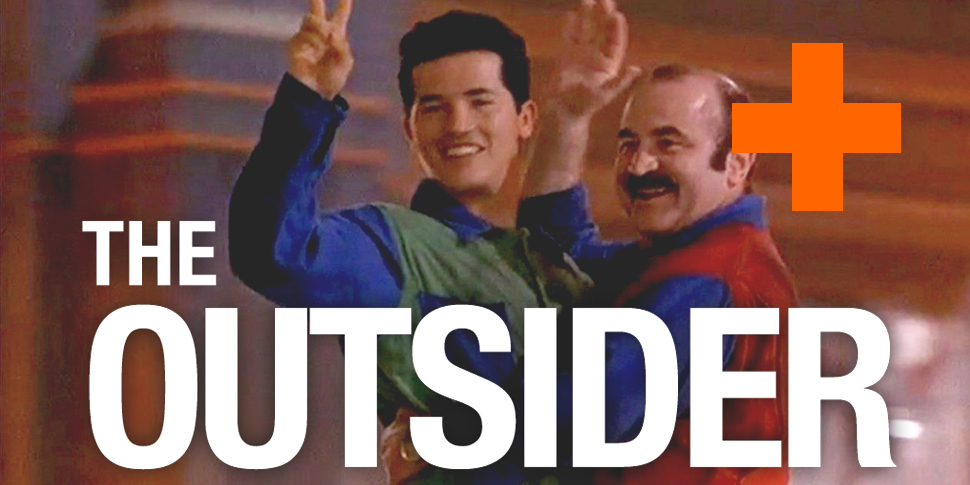
I fully understand why games get made of films, and why films get made of games. The former is because if Bullet Orgasm Squad does brilliantly at the box office (thanks to standout performances from Scarlet Johansson, Rodney Bewes and newcomer Brett Favre), a fanbase already exists for the game you’re going to sell. The accountants are happy! Your mum is happy! Birthday boy is sad! Hence classics such as Saw: The Video Game, Terminator Salvation and Pirates of the Caribbean: At World’s End.
The latter – films being made of games – is because gaming now makes more money than Hollywood, and is arguably more important, and now the film, rather than the game, is the brand extension. Hence movies such as Assassin’s Creed, Hitman and Need For Speed.
What I don’t understand is why everyone forgets that brand extensions are, almost every single time, a rushed-together heap of disappointing plasticky crap. Will you please stop buying them?
OK, fine – Assassin’s Creed, starring Michael Fassbender and Marion Cotillard – could just possibly be good. Despite the game being a baffling tangle of daft sci-fi cliches. And despite not starring Brett Favre.
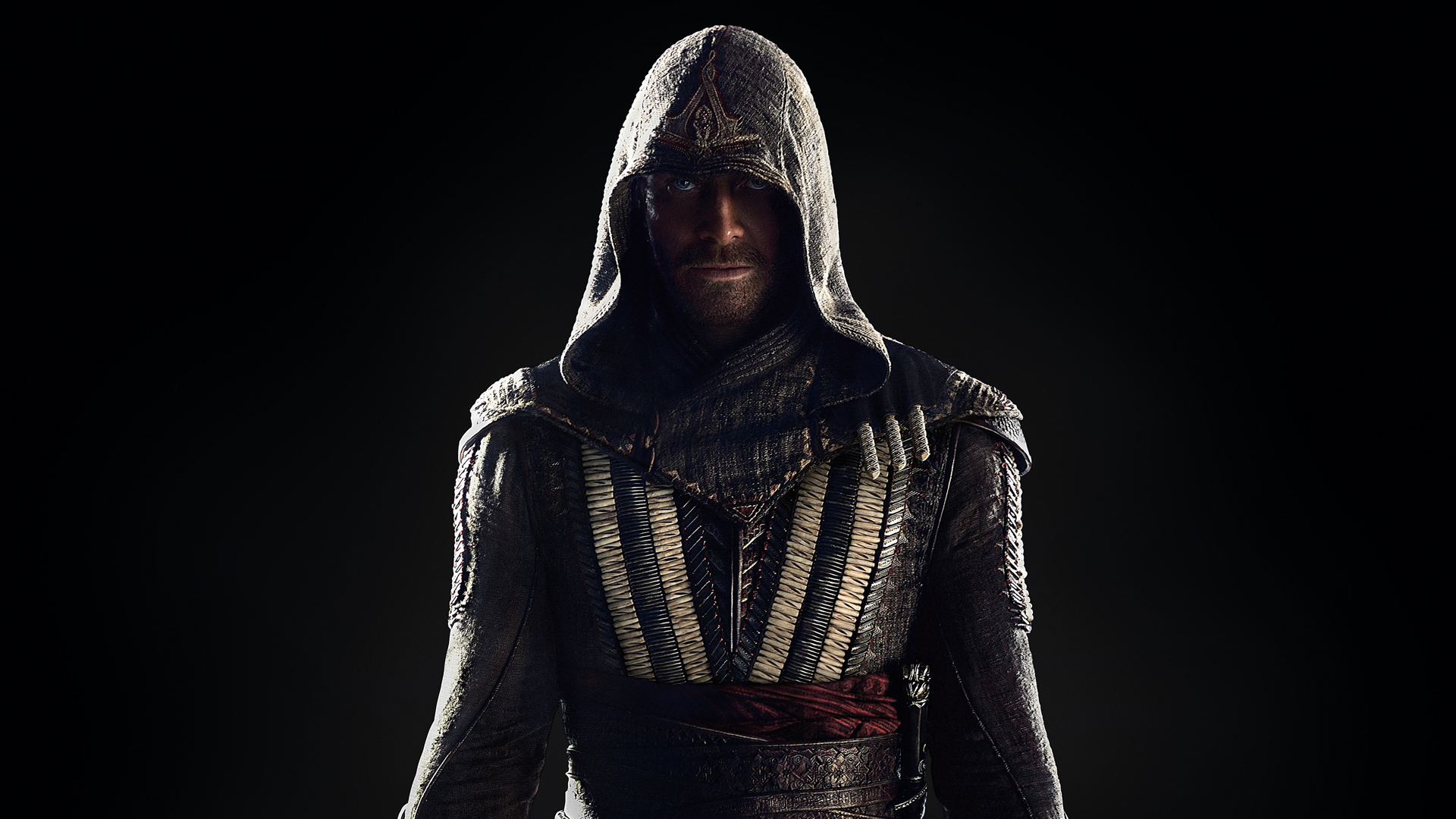
But the Need For Speed movie really wasn’t good, despite blending Jesse off Breaking Bad with shiny cars and the plot from The Fast And The Furious. Rotten Tomatoes has it at 22 percent, and while the audience score is higher, this audience also thought the Sly Stallone/Sharon Stone epic The Specialist (4 percent) really rocked. I don’t want to sound critical, but these people are clearly retarded in the face.
The Hitman movies, meanwhile, were simply embarrassing. Many things make the games great – slowly repacking the sniper rifle in its red-lined briefcase in the original, the thrilling inventiveness of Silent Assassin, the sheer wit of Blood Money – but the storyline was not among them. The storyline – something about clones, being sad about stuff, and reasons – was not even close.
Sign up to the GamesRadar+ Newsletter
Weekly digests, tales from the communities you love, and more
The movie makers showed their love of the source material by creating an awesomely bad narrative of their own. This really shouldn’t have come as a surprise. It will have, though, because hope works as a fantastic air freshener to mask the growing smell of an approaching corpse. I mean, I’m hoping Assassin’s Creed won’t be dire, when it clearly will be.
The problem is that games and movies, despite constant comparisons and the prevalence of ‘cinematic’ ideals in AAA games, are terrible bedfellows.
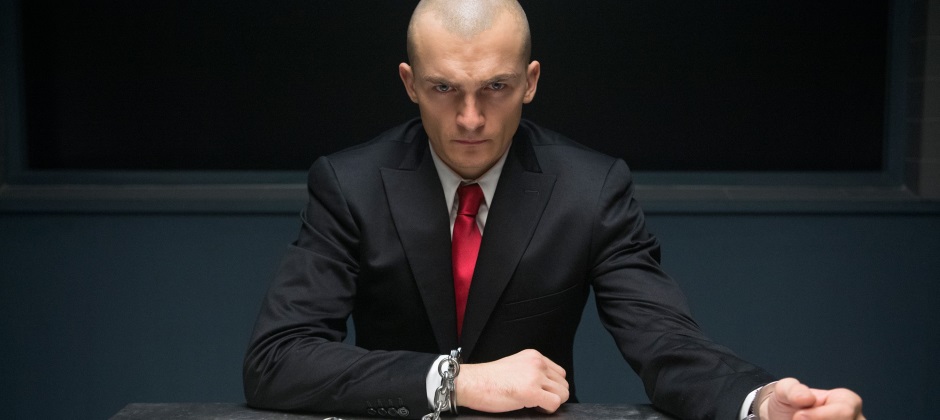
Think about it. When talk turns to cinematic games and ‘auteurs’ in the mould of Stanley Kubrick, Martin Scorcese or Uwe Boll, one name always pops up: Hideo Kojima.
Metal Gear Solid makes Kojima’s love for Hollywood obvious via cutscenes – sumptuously detailed and stunning to the eye – that just don’t stop. They’re stunning to the attention span and your piles as well. MGS4 spends eight and a half hours on non-game story, and it still doesn’t make any sense. What does it say when gaming indulges such colossal bloat in one of its most celebrated creators? It says we don’t expect much.
By contrast, not a single one of the top ten movies of all time is longer than three hours, and most run around two hours. Hell, even the worst movies – either of last year or all time – got it done in around two hours.
Of course, Metal Gear is far from alone, and remains (unevenly) brilliant. Kojima is indeed sensational – just not at dialogue, stories or making movies. Remake any MGS in live-action and it’d be straight to DVD. If it even fitted on one.
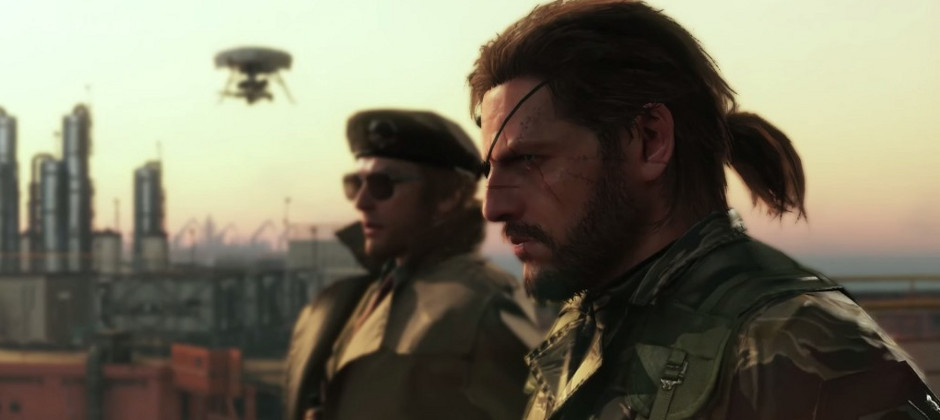
Of the rest (at least, within mainstream gaming where casual or new players might notice) Uncharted gets closest to right. But show me a fan who can name the writers of Uncharted, and I’ll show you a fan who just googled it. For some reason, they’re not heroes.
And despite its brilliance, Uncharted still runs smack into a huge, central problem: it simply can’t bridge the gap between loveable ‘story’ Drake and psychomurderer ‘game’ Drake.
You just can’t have convincing, interesting character development if your hero tackles every setback with murder, no matter how much you dress it up as ‘dark’ and ‘gritty’. Just ask Lara. Though at least if she headshots you with a burning arrow in response, you’ll know she feels bad about it.
Games such as Everybody’s Gone To The Rapture, Life Is Strange and Until Dawn solve the problem by telling stories that don’t boil down to '10 Reasons To Kill 500 People,’ and let’s face it – they work. They don’t need films made of them at all, because they are what they are. They don’t need Hollywood. Just as last year’s hit movie Room doesn’t need gaming.
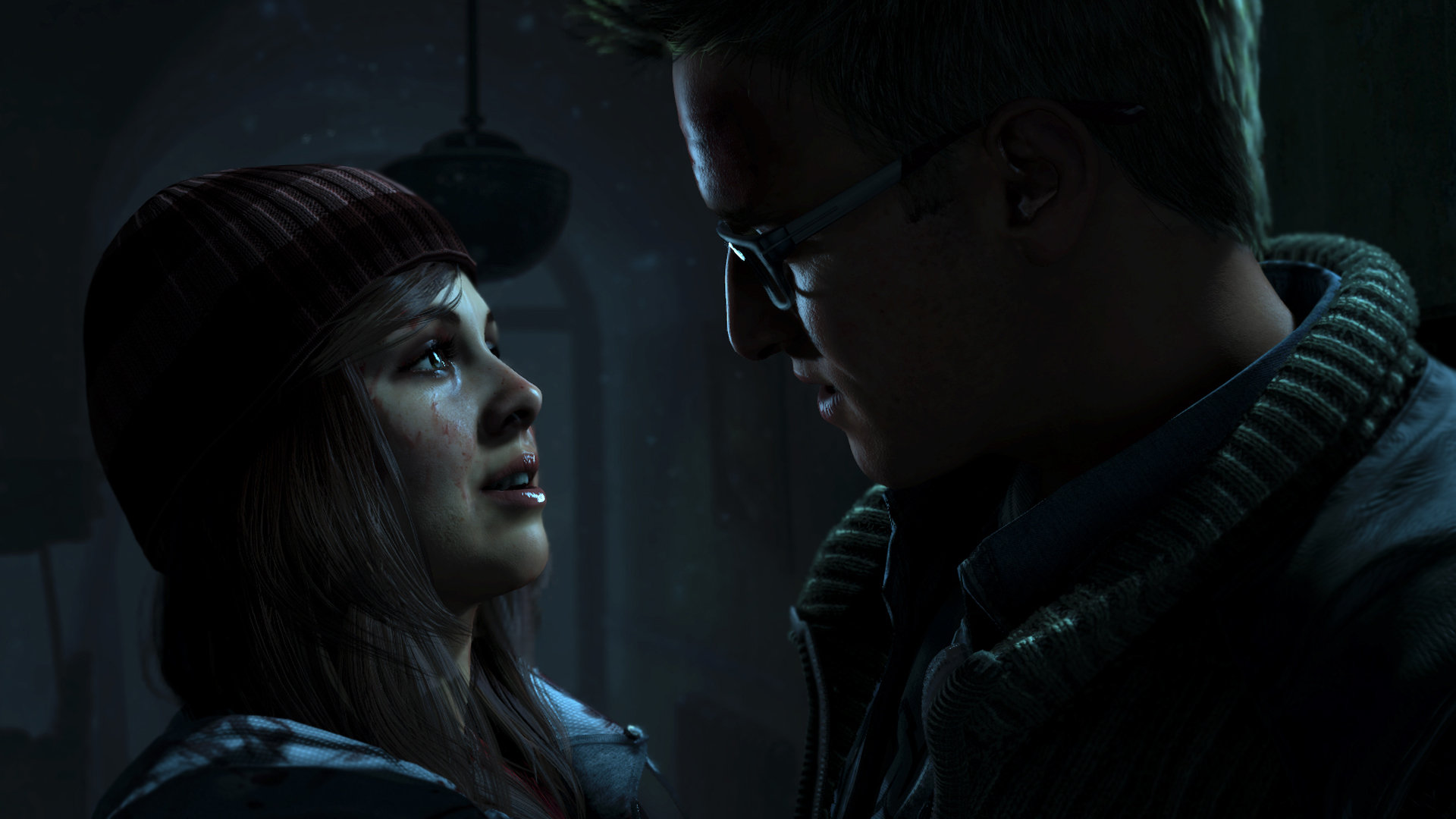
It’s time gaming abandoned its hangup and admitted it’s not Hollywood, and doesn’t need to be. Especially when it comes to shooters and action games (racing games have mostly already realised). It won’t stop the execrable brand extensions on either side, but it will at least let gaming’s brightest minds concentrate on gaming.
I mean, do you really want to know more about why Lara Croft’s sad, or do you want to raid some awesome tombs?
Of course, if anyone says ‘But I liked Tomb Raider,’ or ‘I hate you more than death,’ they’ll completely and brilliantly undermine everything I’ve just said. So, you know.
Carry on.


